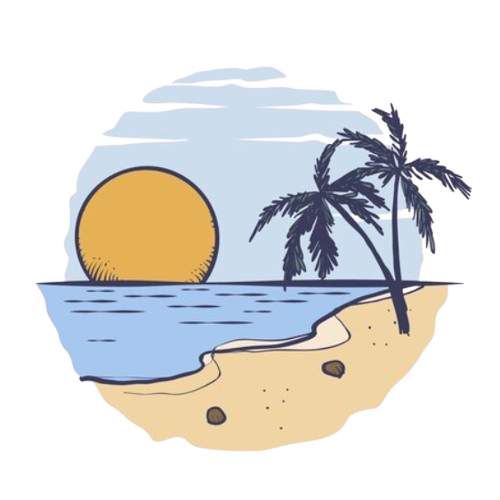FIVE INTERESTING FACTS ABOUT BEACHES

The sound of the waves, the smell of sea shells and the breeze from the sea is like haven on earth. Many people over the world use the beach for different things. For nations, it has become not just a place for amusement and fun, but a tourist centre. However, the beach has many interesting fun facts that goes beyond just the sea and sea sand.
In our beach series for this month, the team at Urbanreelworld step outside the office to bring you some fun facts about the beach to give you a new beach experience.
#1. The ocean cover more than 70 percent of the earth surface
This fun fact says a lot about the stretch of the ocean while the remaining 30 percent inhabits almost 7.8 billion humans and vegetation. Well if you are a beach person, then this goes to say the world will always experience the radiant of beach life.
#2. Just a fraction of the planet’s ocean has been explored
We have a lot of surfing to do then since just a fraction of the planet’s ocean has been explored. I definitely have some surfing and diving to do while exploring the ocean. It will make a great therapeutic time for families to go on a beach discovery.
#3. Over 70 percent of our plant’s oxygen is produced by the ocean
Anytime you seem worked up and needing to rejuvenate, the ocean will be your best bet. You get to enjoy the best natural aeration the world can ever provide. The Artic ocean is the largest ocean in the world and covers about 13.9 million area of land. It serves continents like Asia, Europe and North America.
#4. The Pacific Ocean is the world’s largest ocean and contains around 25,000 Islands.
The Maldives is home to some of the most beautiful islands in the world. The pure serenity and nature will sure create in you a new confidence and poise for the next phase of your life.
#5. There are more marine species in our ocean than explored
For two decades humans have explored more and more of the deep ocean. Scientists now estimate that 80 percent of Earth’s species live on land, 15 percent in the ocean, and the remaining 5 percent in freshwater. They do not think this difference is entirely an artifact of land being better explored. “There are oodles and oodles of species in the sea, but to make up that difference would take an awful lot,” says Geerat Vermeij, a marine ecologist and paleo ecologist.



